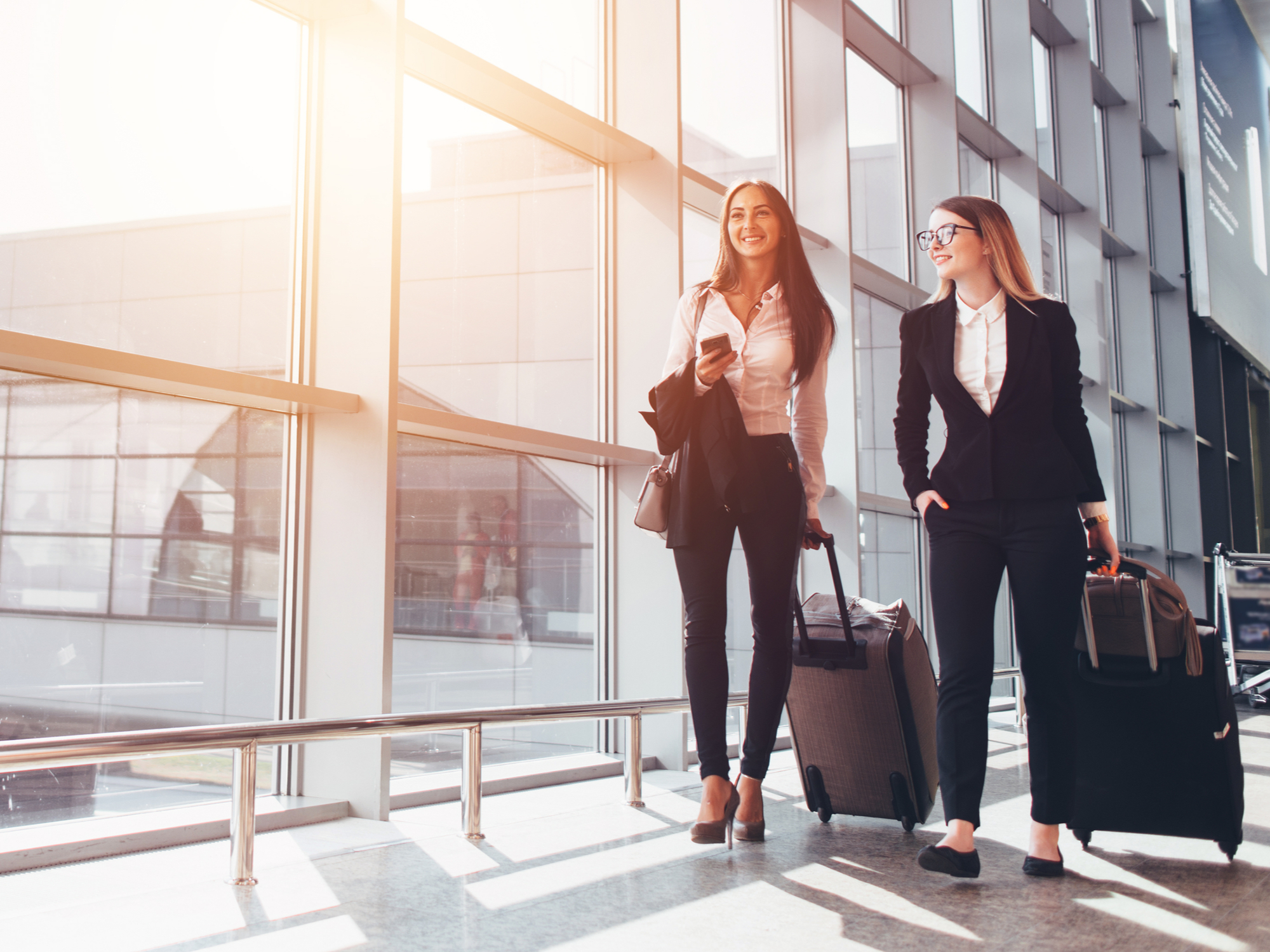
Global travel pricing across air, ground, and hotels, is expected to increase in the next two years, primarily driven by increasing demand, capacity constraints, and travelers’ sustainability demands, plus increased labor and fuel costs, according to the seventh annual Global Business Travel Forecast published by CWT and the Global Business Travel Association (GBTA).
“Business travel recovery is underway, and it is really great to see people reconnecting and engaging once again, as the world returns to a more traditional pace of life,” said CWT Chief Executive Officer, Michelle McKinney Frymire. “While the best-case scenario for 2022 is for further recovery of business travel across all areas, not all markets, nor all categories, will recover at the same pace, so business travel managers will need to understand what to expect as we look at the year ahead.”
Released by GBTA, the voice of the global business travel industry, and CWT, the B2B4E travel management platform – the 2022 Global Business Travel Forecast uses anonymized data generated by CWT and GBTA, with publicly available industry information, and econometric and statistical modeling developed by the Avrio Institute.
“As we turn toward recovery, insights and data will be critical to enable the business travel industry to navigate what will likely be a dynamic year ahead,” said Suzanne Neufang, Chief Executive Officer of GBTA. “This forecast is designed to help corporate travel buyers build and budget their 2022 travel programs through an informed summary of how the global pandemic influenced pricing in 2021, along with a detailed look at macroeconomic factors that will affect pricing in 2022.”
Macroeconomic influences
The global economy is expected to grow 5.9% in 2021, followed by 4.9 % in 2022, spelling growth for business travel. However, several uncertainties remain on the periphery that could influence the macroeconomic outlook and the global travel economy. Macroeconomic forces, government policy, and COVID protocols, will continue to impact future pricing more than ever before. As with previous industry interruptions, many travelers won’t return immediately, and the business traveler may find themselves in a price competition with the leisure traveler – who is leading the recovery and willing to pay higher prices on key city routes and destinations.
Even as macroeconomic challenges remain acute, global economy growth expectations across 2022 and 2023 will help accelerate the recovery of business travel. Factors including a pick-up in demand, capacity constraints, increased labour and fuel costs will lead to higher prices globally across air, hotel, and ground transportation. Despite these anticipated rises, business travel pricing, with the exception of ground transportation, is unlikely to exceed 2019 pricing over the next two years.
Domestic leisure destinations will continue to lead recovery in 2022, and, while urban centers with strong corporate traffic will take longer to recover, higher vaccination levels should strengthen business traveler confidence.
Higher oil prices increase operating costs, and will continue to put upward pressure on fares as airlines seek to improve profitability metrics, and 2022 corporate travel policies will also be a factor in the recovery of air fare on corporate-heavy rates. Providers are looking to update their fleet as a matter of urgency, but with a shortfall in the used car market and issues with global car manufacturing due to shortages of semiconductor computer chips, fleets are unlikely to be fully replenished until 2023.
The offer of electric vehicles is also going to be pivotal over the next three years, with sustainability a key priority for employers and employees alike. Some providers are already making in-roads towards electrifying their fleet, building their own charging infrastructure, and adding the booking of hybrid and e-vehicles to transfer and limousine services.
Climate-conscious travelers may also choose rail over car rental (and short-haul flights) in increasing numbers. France has already moved to ban domestic flights on routes that can be travelled by train within two-and-a-half hours, and returning business travelers are being more conscious of their end-to-end travel time – plus the ability to work on the train which is obviously not possible when renting a vehicle.



 share
share





















































